Mike Ilitch School of Business
The school also opened the Student Engagement and Active Learning Lab, which offers customized individual and group tutoring, certification programs, and corporate and community engagement opportunities. Students benefit from career guidance and study skills development, which help lead to professional success.
These initiatives position students at the forefront of an evolving global marketplace while maintaining academic rigor and innovation.
College of Education
James and Patricia Anderson College of Engineering


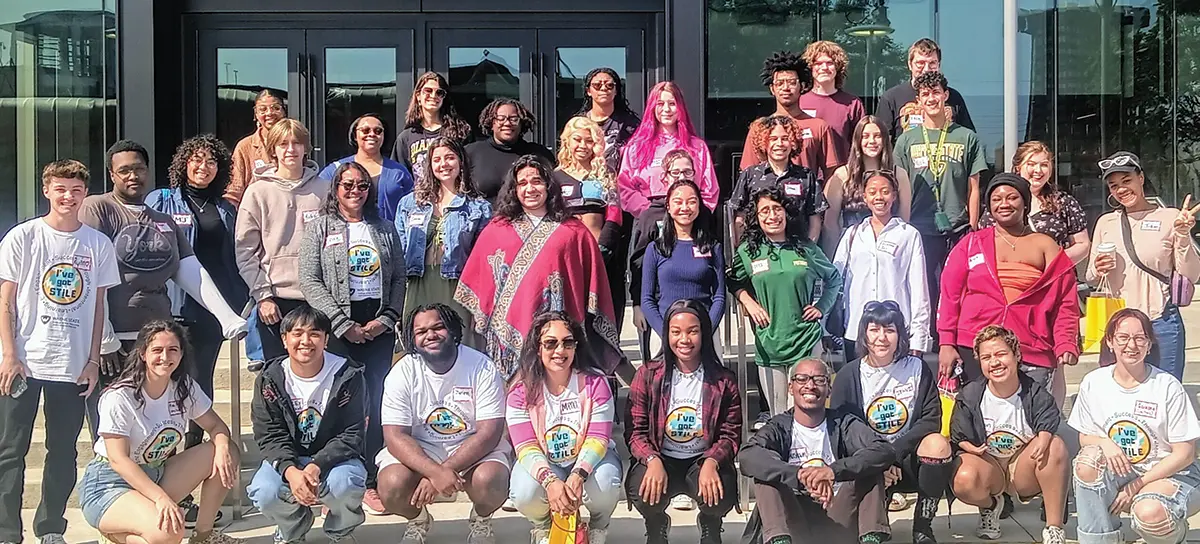
College of Fine, Performing and Communication Arts
Graduate School
By participating in AMP, students can decrease the cost and time to get a graduate degree. AMP features six participating programs from three schools and colleges. Programs are open to all undergraduate students who have earned 75 credits and have a 3.0 GPA; some programs have additional requirements.
To see all participating programs and learn more about AMP, visit gradschool.wayne.edu/amp.
Irvin D. Reid Honors College
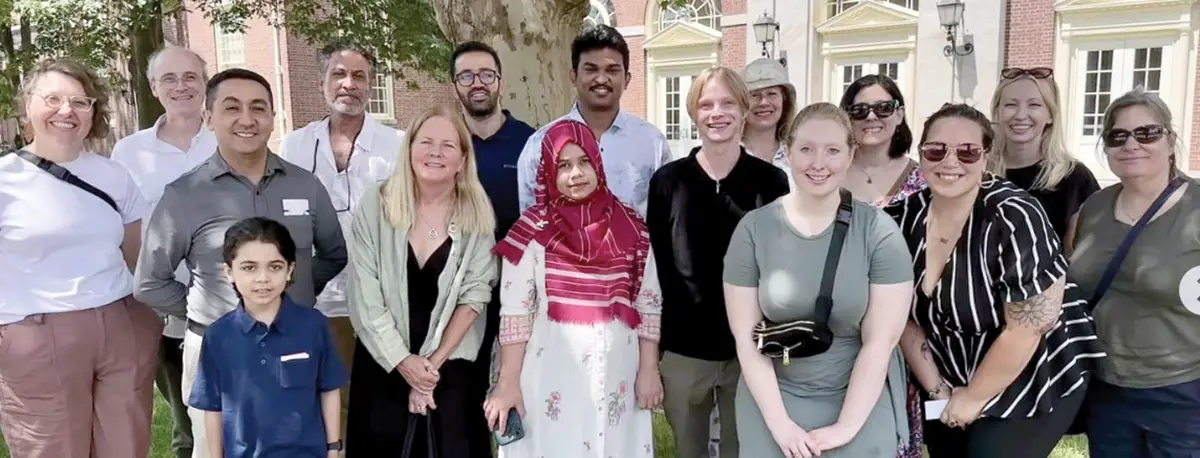

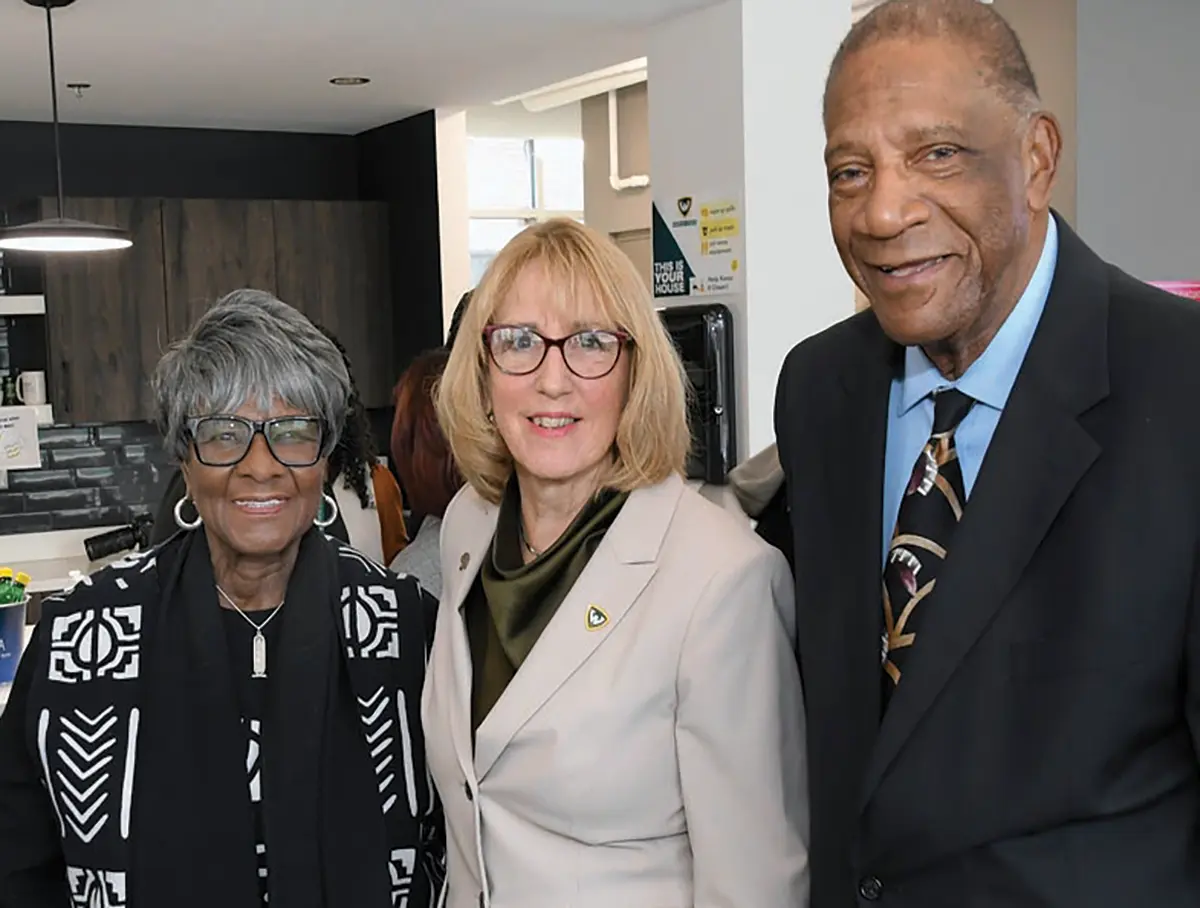
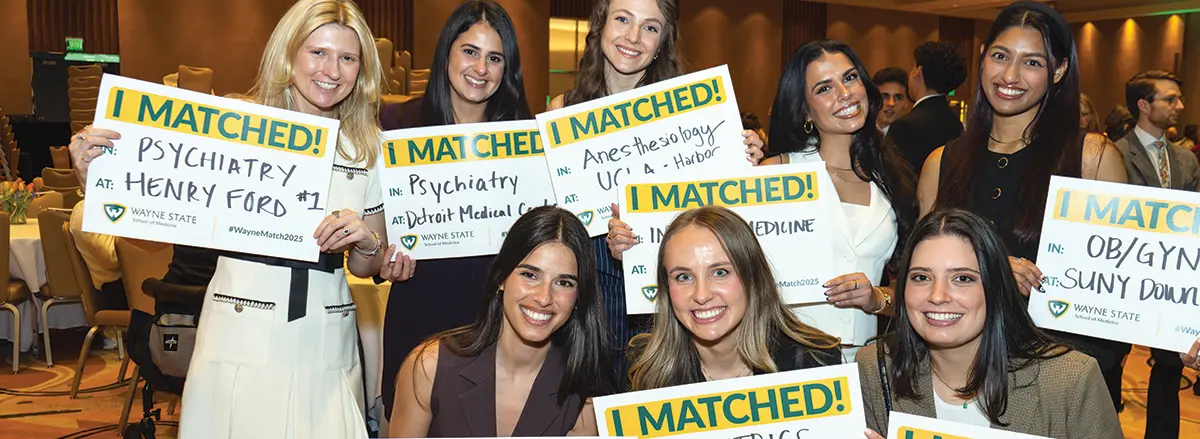
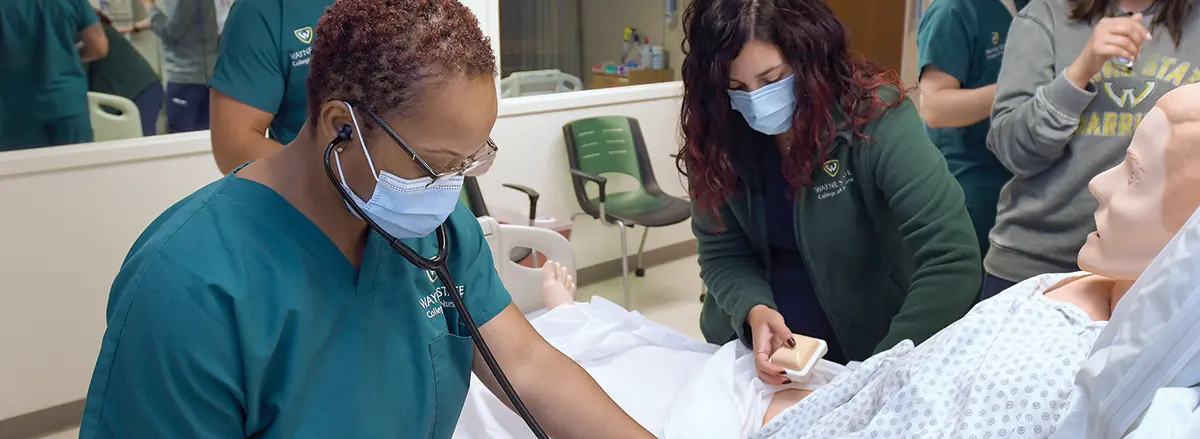
Nursing lab
School of Information Sciences
The accreditation process involved two years of comprehensive self-evaluation and external review by distinguished practitioners and scholars. This review helps align the program with evolving professional needs and ensures quality education that prepares students for successful careers in libraries, archives, schools, health care, government and other organizations.
College of Liberal Arts and Sciences
Law School
At the graduate level, Waye Law offers an online master of studies in law with a health law concentration, featuring courses on health care organizations, patient privacy, fraud prevention, public health law and more.